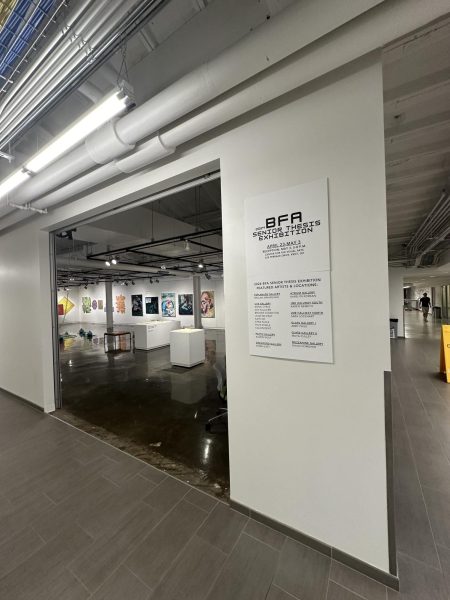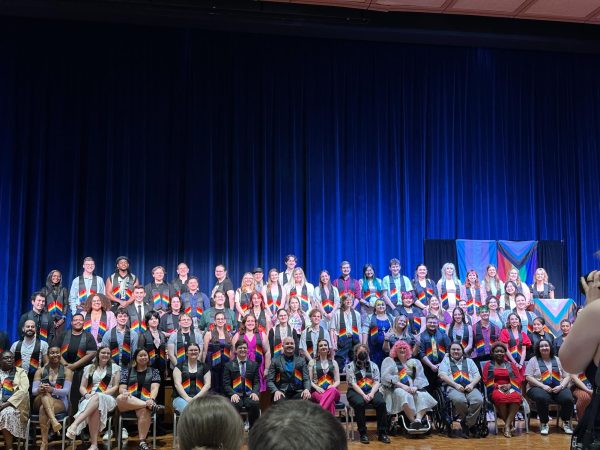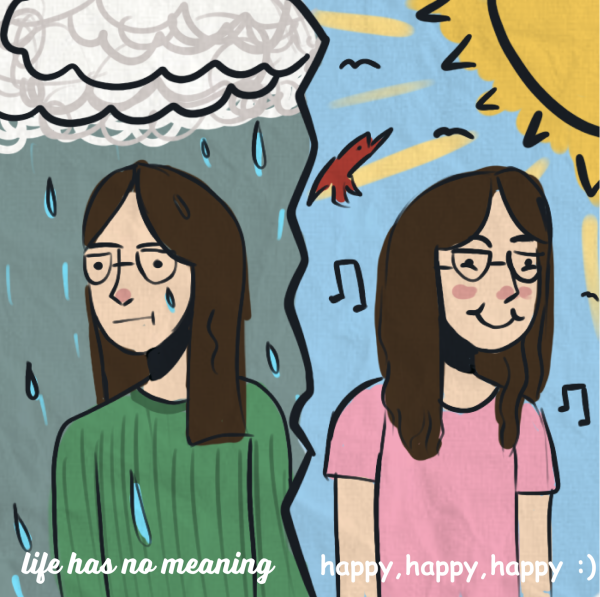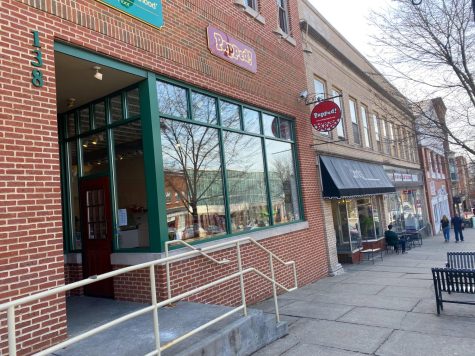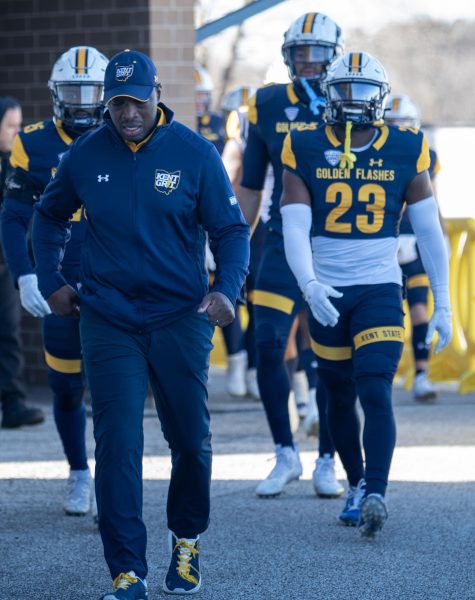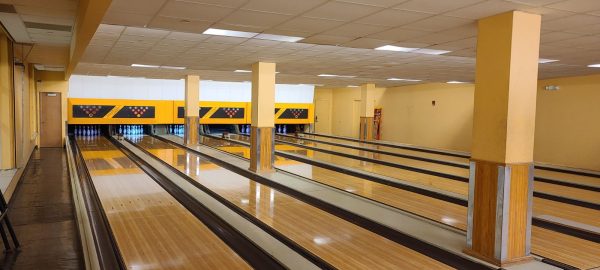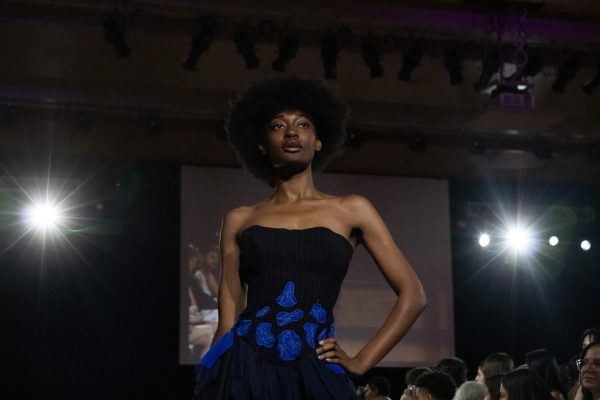Women’s Collaborative discusses percentage gaps, ally-ship and more at faculty summit
February 3, 2018
Kent State University’s Women’s Collaborative held its first summit on women faculty; creating a space and community to provide resources, tools and support for women faculty.
The Collaborative consists of an informal group of female faculty members.
“This process has been kind of cool because it came from the bottom-up,” said Mandy Munro-Stasiuk, the associate provost and member of the collaborative. “And you can see what happens when we put out a call and everyone comes to the table where all these amazing things happen.”
The summit opens with a complimentary breakfast and a reading of university faculty statistics by Amoaba Gooden, the chair of the Pan-African studies department.
Gooden addressed the percentage gap of various positions. In 2016, only 25.8 percent of women were full-time professors, 30.8 percent of women were department chairs or directors and zero percent were provosts.
Women and men across all departments supported the day of breakout sessions, speakers and networking.
Breakout sessions span helpful topics from “how to be a male ally” to effective mentoring strategies.
Babacar M’baye, an associate english professor and panelist at the male ally session, expressed his support of the summit.
“I came here to learn how to become an ally with women and to see the similar outset and different experiences that women and men, particularly men of color experience,” M’baye said.
After the complimentary lunch buffet, attendants engaged in bias presentation and an interactive development session presented by PowerPlay.
PowerPlay, a traveling professional workshop, utilizes professional actors and theatre techniques to initiate challenging conversations such as harassment, bias, communication and collaboration.
Faculty member Karen Cunningham, associate professor of peace and conflict studies, plans to use the strategies discussed in future situations.
“I thought the bias session was really, really valuable,” Cunningham said. ”I think it gave us an opportunity to look at the different types of things that happen, and thinking about the different ways we can respond to them with different tools and ideas we can use in different situations.”
Cunningham said she feels excited that the sessions discussed so many important issues.
“I think this is a time where women are rediscovering their power and speaking out more in terms of issues of equality,” Cunningham said. ”I attended the first women’s march in D.C. a year ago and I’m just excited people are speaking out about issues that are really important.”
Faith Riggs is the women and gender issues reporter. Contact her at [email protected]













